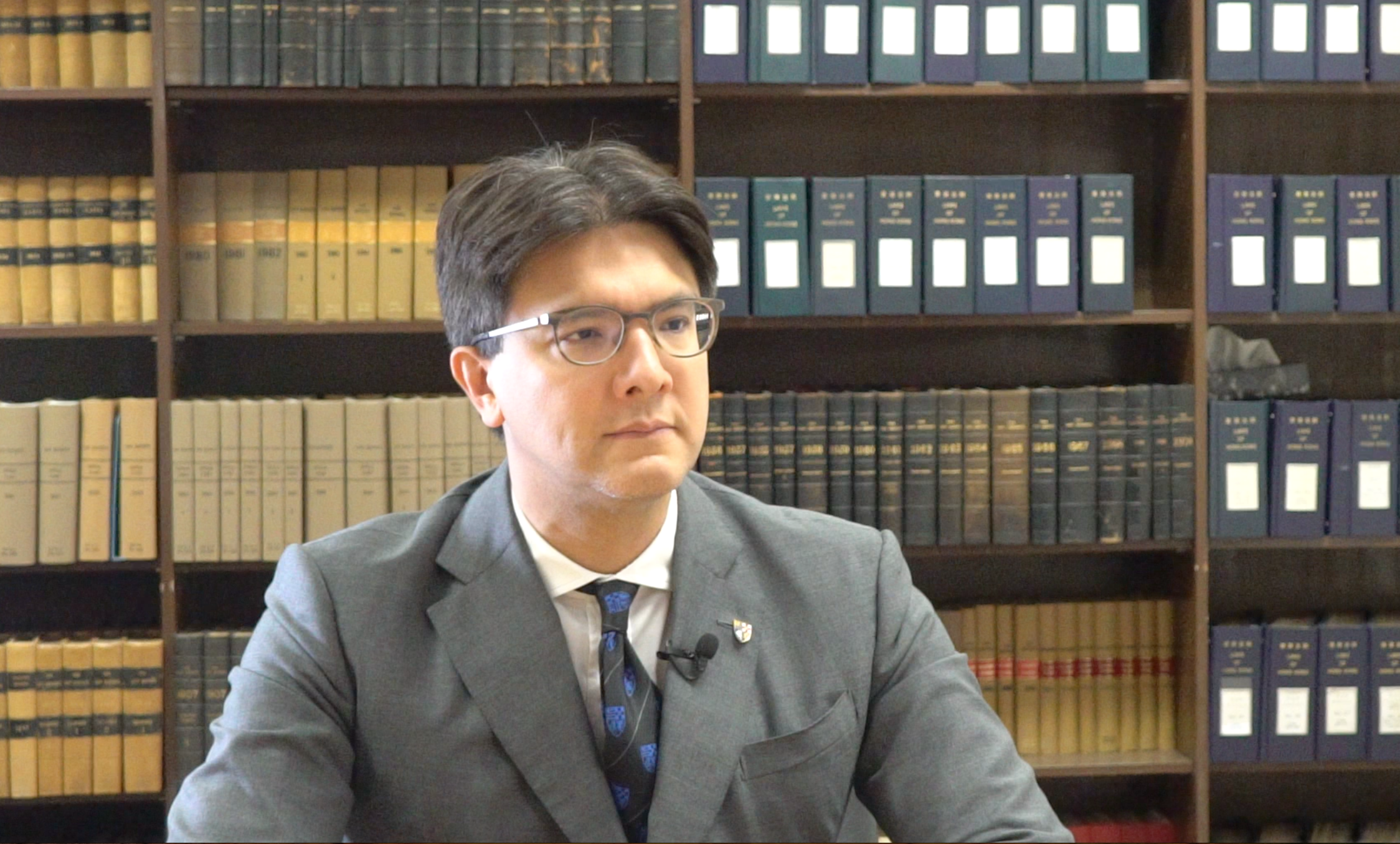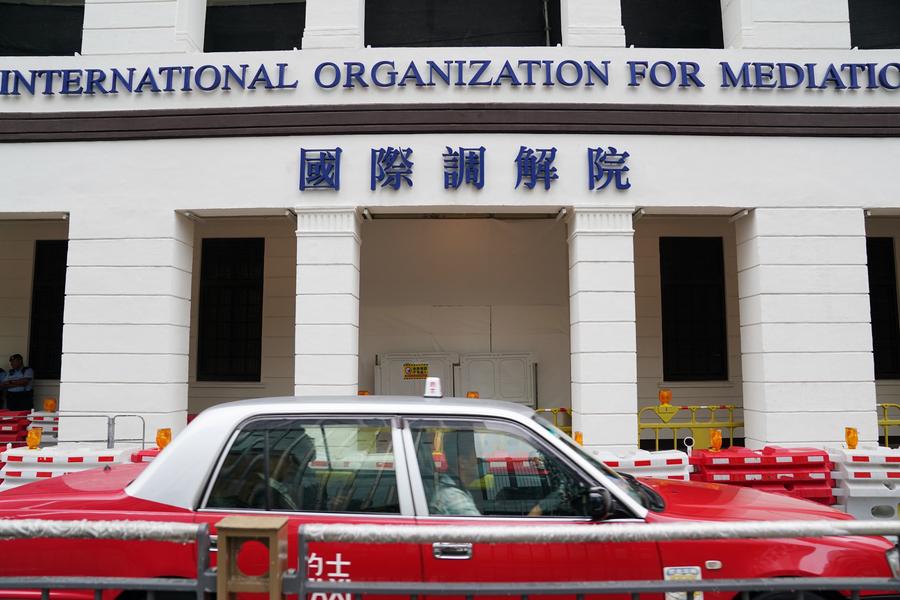
“It is only a matter of time before Hong Kong, as an arbitration center, will be handling more cases than London,” said Jose-Antonio Maurellet SC, chairman of the Hong Kong Bar Association, in an exclusive interview with China Daily on the special administrative region’s emerging role in the international dispute resolution landscape.
Maurellet’s bold prediction of the city’s ascendancy is no “crystal ball” acumen, but rather, “a plain numbers game”. As Asian economies grow and their residents make up over 60 percent of the world’s population, Hong Kong is poised to resolve an increasing number of disputes.
The momentum is gaining strength. The Hong Kong International Arbitration Centre (HKIAC), one of Asia’s leading institutions for dispute resolution, handled 352 arbitration cases involving a total value of HK$106 billion ($13.6 billion) in 2024 — one of the highest on record, according to HKIAC data. This growth is seen as an “optimistic sign” reflecting the increasingly close cross-judicial cooperation between the special administrative region and the Chinese mainland.
ALSO READ: Cheung: IOMed to consolidate HK's global status, reputation
Besides arbitration, the formal commencement ceremony of the International Organization for Mediation (IOMed), held today, marked another “exciting” development emphasizing Hong Kong’s unique position in dispute resolution, with its reach extending beyond commercial arbitration into mediation, Maurellet said.
“Disputes not only between companies or individuals but even between states can be resolved here in a fair and independent manner,” he said. This reputation, he added, is reinforced by global business confidence in Hong Kong’s impartiality and professionalism, according to Maurellet, who was elected bar chairman in January.
“It demonstrates Hong Kong as a unique place where disputes — whether between companies, people, or states — can be resolved independently and fairly,” he said. This reflects the world’s confidence in Hong Kong as a neutral venue, he added.
With the launch of IOMed, Hong Kong is opening new frontiers in the Global South. The bar chairman said the SAR welcomes this growing emphasis on new horizons, calling it “very positive for the long term”.

In May, 33 countries signed the Convention on the Establishment of the International Organization for Mediation (IOMed) in Hong Kong — the world’s first intergovernmental international legal organization dedicated to resolving international disputes through mediation, a crucial mechanism for upholding the principles of the United Nations Charter.
“Historically, Hong Kong maintained strong relationships with North America and Europe,” Maurellet said. However, he emphasized the importance of broadening these ties. “We have traditionally neglected the other side of the world; this initiative shows we can build on what we already have, while maintaining robust existing relationships,” he added.
An Oxford University graduate of 1999, Maurellet underscored the “international makeup” of the city’s professional echelon. Except for the chief judge of the High Court and the chief justice, there is no nationality requirement for members of the Judiciary.
In addition to the six high-profile overseas nonpermanent judges serving on the Court of Final Appeal, the Bar Association in 2024 approved 19 applications from overseas counsel from other common law jurisdictions to appear in Hong Kong courts. “I think this truly demonstrates how common law courts operate in the same way, and Hong Kong is a fully-fledged member of the common law system,” Maurellet said.
READ MORE: Chan: IOMed to boost Hong Kong’s all-round competitiveness
Amid ongoing global geopolitical tensions, the senior counsel said that Hong Kong’s legal profession remains committed to the rule of law over politics. “What matters most is that lawyers here and abroad are dedicated to resolving disputes independently and based on facts.” To support this, the Bar Association of 109 senior counsels has organized a series of international conferences throughout 2025, highlighting Hong Kong’s dedication to transparency and legal innovation.
“Nobody denies that Hong Kong has faced challenges,” the chairman said. But Hong Kong is not the only jurisdiction facing such challenges; geopolitical pressures impact jurisdictions worldwide.
“As lawyers, we encourage and learn from one another so we can better uphold the rule of law,” he added.
Born and raised in Hong Kong, the Oxford alumnus said he believes that “the city must remain honest and transparent to preserve its reputation as a fair place for dispute resolution”.
Moreover, the city’s unique status as a “bridge” has forged another advantage — diversification. Maurellet’s eyes sparkled as he explained that the city, unlike other common law jurisdictions, is able to attract talent from across the globe, regardless of background, embodying the “one country, two systems” framework.
Maurellet impressed the West with his admission in 2020 as a solicitor in the British Virgin Islands, and his appointment as an associate member of the law office of 3 Verulam Buildings in Grays Inn, London, while his recent trips to the Chinese mainland have brought the city’s common law practices to mainland professionals, strengthening bonds between the two jurisdictions — a success story of Hong Kong’s “one country, two systems” policy.
Contact the writer at jessicachen@chinadailyhk.com


